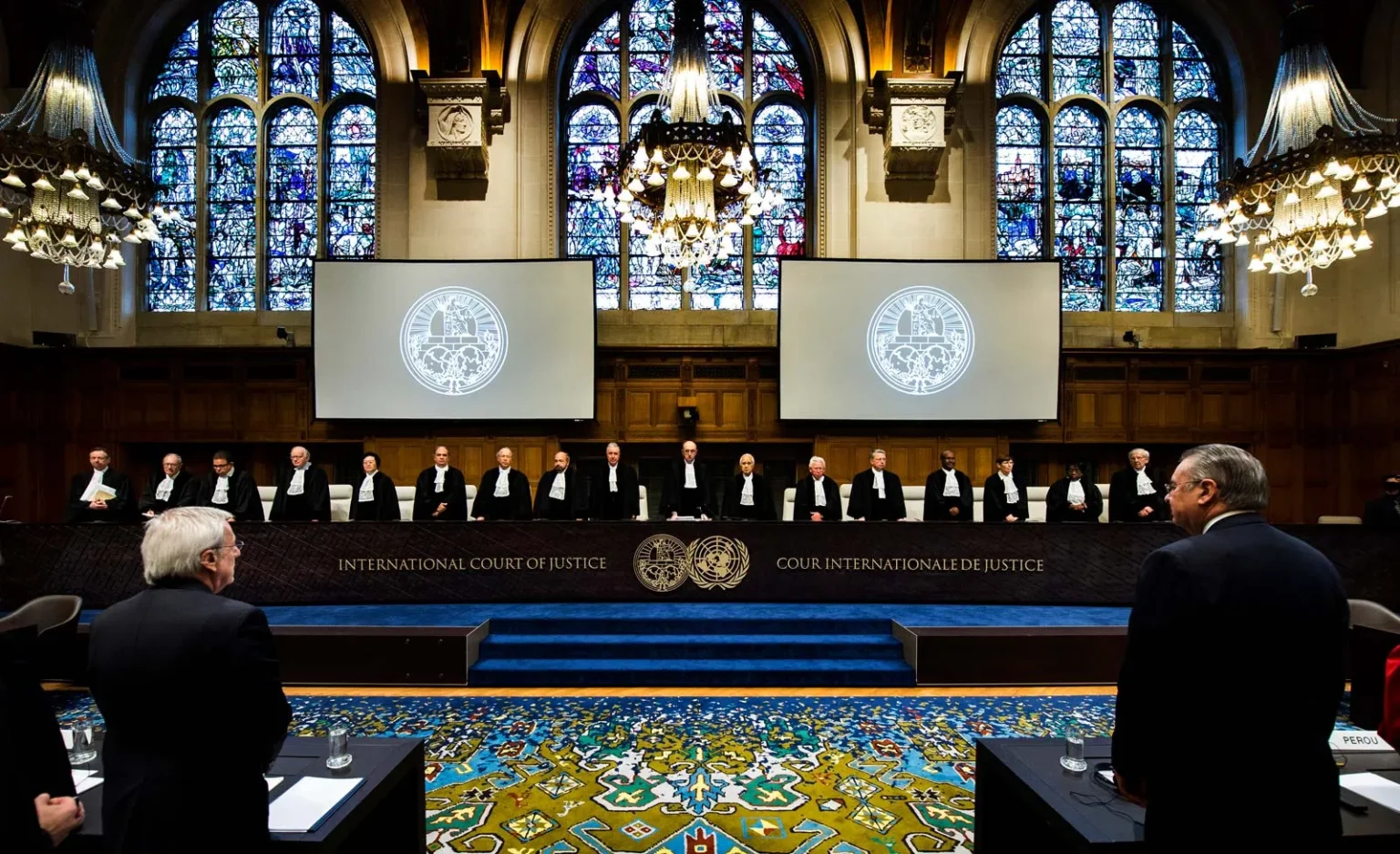International Court of Justice: The Palestinian territories constitute a “single territorial unit” that must be respected
The International Court of Justice stated on Friday that Israeli settlement activities, which violate international law, continue to expand, affirming that it is not convinced that the extension of Israeli law to the West Bank and East Jerusalem is justified.
The President of the Court, Nawaf Salam, in a speech, considered that the UN-affiliated court “regards Israel’s occupation of Palestinian territories as a de facto annexation that violates the Palestinians’ right to self-determination.”
He noted that the International Court of Justice has the authority to issue an advisory opinion on the legal consequences of the Israeli occupation of Palestinian territories and that the body has sufficient information on the matter.
He affirmed that “the occupied Palestinian territories constitute a unified and sovereign entity that must be respected, and Gaza is an inseparable part of the territories occupied by Israel in 1967.”
Salam pointed out that “Israel has maintained its exercise of authority over the Gaza Strip, especially controlling its air, sea, and land borders,” and that “Israel violates the Palestinians’ right to self-determination.”
He added that “the occupying power must manage the territories in the interest of the indigenous population, and the occupation is a temporary situation.”
He continued that “Israel’s colonial policy in the Gaza Strip was not different from what is happening today in the West Bank and East Jerusalem, and the illegitimacy of displacing indigenous people from the occupied territories and Israel’s policies encourage this.”
The President of the International Court of Justice emphasized that “the transfer of settlers to the West Bank and East Jerusalem contradicts Article 46 of the Geneva Convention.”
He confirmed that “the occupying powers have a duty to ensure sustainable access to food and water for the population,” pointing out that “Israel violates its duty in managing the resources of the occupied territories.”
He continued that “Israel, as an occupying power, must manage the territories in the interest of the indigenous population, and the occupation does not change the legal status of these territories.”
source: lualuatv

